I have previously given my initial assessment of Daredevil a few episodes in and want to flesh that out more now that I have seen the whole show.
One of the great criteria I’ve noticed with friends who have wives or girlfriends who watch this sort of show with them is how far must they go to suspend disbelief. With Daredevil, you do not have to go as far as you do with, say, Arrow, where no one seems to connect the five year absence of Oliver Queen corresponding with both his return and that of a high tech vigilante.
There is certainly, with anything of this genre, a suspension of belief. A kid derives super powers of a sort from a radioactive chemical. That chemical blinds him and hightens his senses beyond the ordinary. Then he is trained by, basically, ninjas. He grows up to be a lawyer in Hells’ Kitchen by day and ass kicker by night. Gotcha.
But there is no super strength here. He does not fly or have x-ray vision. He bleeds. Not only does he bleed, but he gets covered in stitches, scars, and bruises, which can be played off of being blind and clumsy. He loses fights, almost to the point of death. His identity is revealed through his falls, not his intentions.
What sets Daredevil apart is how deep it goes into character development between the good guy and the bad guy. We see a lot of flashbacks about how Matt Murdock became the Daredevil. We see the tragedy. We see the death of his father. We see his upbringing.
At the same time, we see a lot of flashbacks about Wilson Fisk. We see the tragedy. We see the death of his father. We see his upbringing.
Both are haunted by passages of the Bible. In fact, there is a Biblical allegory throughout as both choose a path.
And along the way, we see Fisk teetering on the edge of redemption through love. The love story that plays out with Fisk is one we did not see coming, but as a subplot it actually shapes the climax of the entire series. The subplot ripples into other subplots forming a complete tapestry for the show. It is not fire walled. It is not Ray vs. Oliver for Felicity. It is grown up, not soap opera; it is serious and compelling.
That leaves, though, one weakness in the story. We see how Murdock becomes Daredevil. We see how Fisk becomes Kingpin. We do not see how Vanessa, who seems so kind and pure, can stare the monster in its eyes and love him. It’s Beauty and Beast where the Beauty does not see the man behind the beast, but sees the beast behind the man and still loves him. Was her father a mobster or something? No idea, but the lack of development there left me scratching my head at the end a bit for the choice she ultimately makes.
Notwithstanding that small point, the whole series is excellent. People die you do not expect to die. Others surprise you. Ancillary characters show back up to play pivotal roles. The final showdown is cathartic.
There is one part that stands out for me as sealing the deal that this is a well scripted, deeply thought out show. Through the series, Murdock struggles with his faith and what he does. He is a sincere Catholic like, I have read, the actor Charlie Cox who plays Murdock. He has interactions with a priest who, unlike the priest in “Man of Steel”, does not give some throwaway cultural motivational speech, but delves into the theology of the fall of Satan and the struggle of redemption and mankind. The theology in Daredevil is not Rob Bell.
Murdock, throughout, seems haunted by his struggle with faith and listening to the angels of his life. Murdock, if you will, is Jonah who fled and finally resigns himself to being what God chose him to be. Now he grapples with what exactly God expects of him in that role. He must come to terms with God not wanting to destroy Nineveh after all.
Just as we see Murdock struggling with his place in the world as related by stories of the Bible, Wilson Fisk parallels him even in this. Where Murdock is a believer, Fisk is not. Where Murdock chooses the angels, Fisk chooses the devil he does not even believe in. And then, in the end, Fisk either ultimately realizes it or finally admits it. We are not really sure. Having struggled through good and evil, trying to cross the line back to good, and being pushed along by the love of a woman, Fisk realizes he has not been forced into his role of super-villain. He realizes he chose. Again though, is it a realization or an admission? We are not sure.
The scene in the final episode wherein Fisk admits this was one of the best of the whole series. It speaks volumes of the show that they could keep up that level of consistency, theme, and solid scripting to get to it. It is a point where I think a preacher, Protestant or Catholic, could take Wilson Fisk’s exposition and turn it into a sermon.
Fisk, in his realization/admission, uses a story in the Bible — admitting initially he is not a believer. But Fisk dives into the story with the clarity of a preacher understanding what is at stake in the story. The outcome is Fisk deciding he identifies with one of the characters of the story. He has decided he is that character. What makes the moment so jaw dropping good is that, unless you pay careful attention to the story he uses, you will have never seen the character. I won’t tell you what story it is, but if you were to read that story, you won’t initially see the character Fisk identifies with. But when you see that character you will realize that was Fisk through the entire series.
He was the man no one saw. He stayed in the shadows. He was the “employer” not “Mr. Fisk.” He was and is the ill intent. So that leaves you with the ambiguity. Was Fisk making an admission or coming to a realization? And that’s what makes Daredevil so special and so unique in how it was scripted and performed.
I am ready for Season 2. You really should watch it.
A few notes: there is blood and guts and violence and some bad language. It is not kid friendly, but is not Game of Thrones gory or Games of Thrones porn. The actors keep their clothes on and, when they don’t, you don’t really see anything.



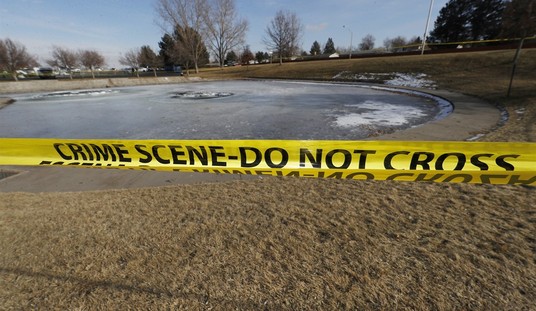


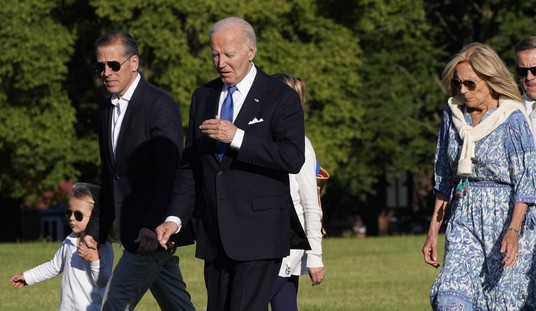
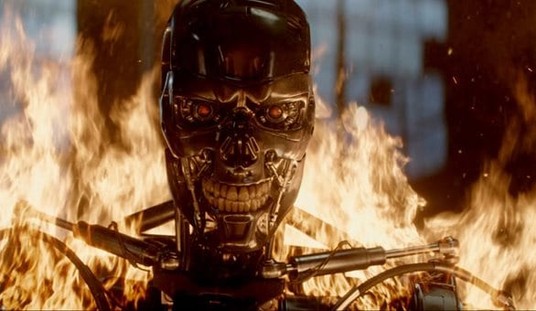

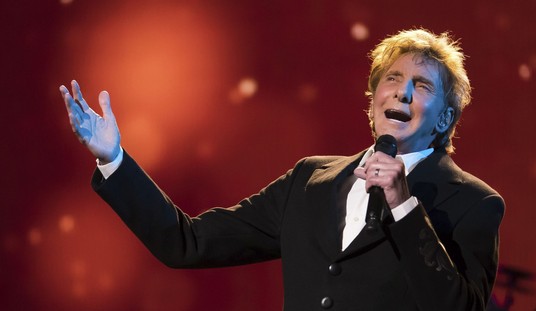

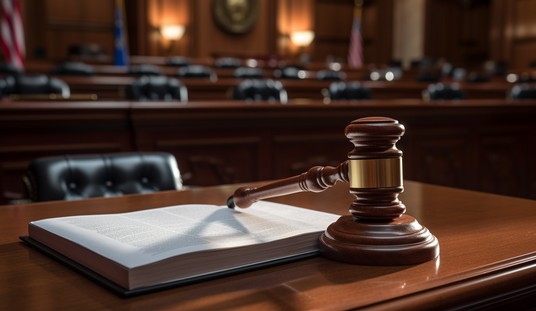
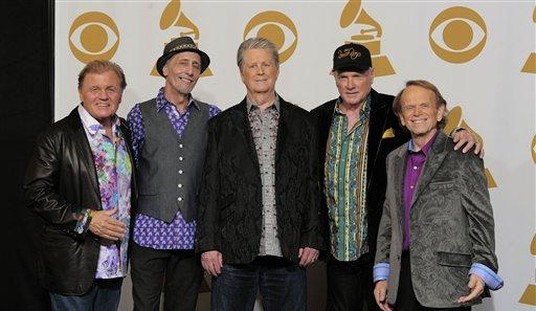

Join the conversation as a VIP Member